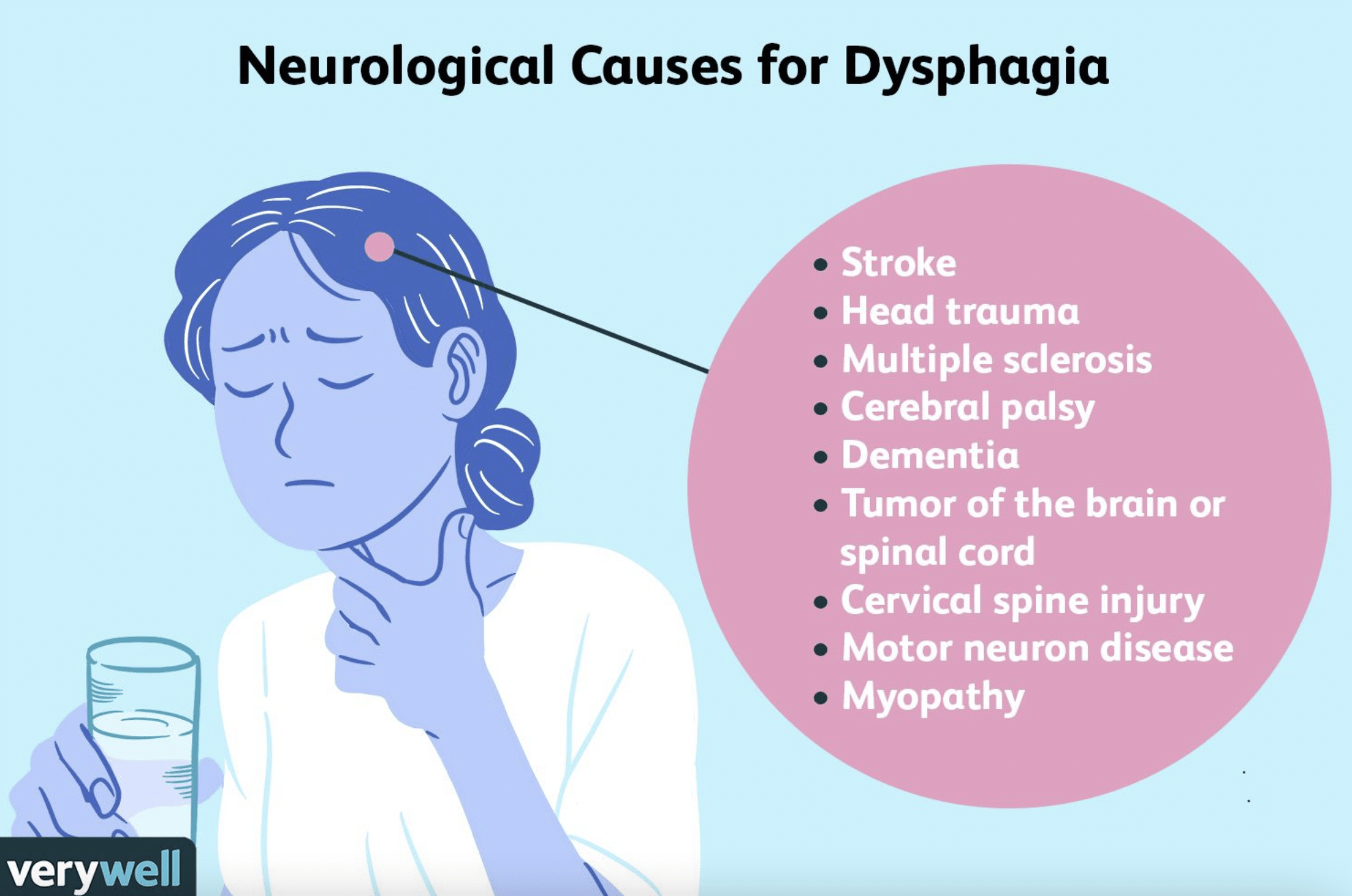Dysphagia is a term for when a person has trouble swallowing. It is often painful and can cause weight loss, eating or drinking aversion, and sleep problems. There are many common disorders that can cause dysphagia, and this post takes a look at the top six. Being aware of the signs and symptoms is a useful tool to flag any underlying causes with healthcare professionals, as prolonged issues in this area should not be ignored.
How Do You Know if You Have Dysphagia?
Dysphagia is a consistent condition that causes long-term problems. If you have any of the following symptoms, consult with a medical professional.
- Persistent pain when swallowing food or water.
- A feeling that food is stuck behind your breastbone.
- Extreme and constant heartburn.
- Choking or gagging while swallowing food or drink.
- A hoarse throat.
- Lots of drooling.
There are lots of causes behind these symptoms, so the best course of action is to seek expert advice. Here are some of the main causes.
Dementia
Dementia is a degenerative condition that affects memory and brain function. Further down the line, usually in the later stages of the disease, patients are likely to suffer from dysphagia. Products such as SimplyThick gel are a popular choice for dementia caregivers as they provide a pain-free way to ensure that the patient gets the necessary nutrients, which deters further deterioration and unnecessary weight loss.
Certain Cancers
Cancer can be a random development in the body, and just hearing the word may instill fear. However, lots of cancers when caught early enough are entirely treatable, so just keep an eye out for any red flags and go to your doctor immediately if you notice any occurring. Cancer types that cause dysphagia are usually mouth, throat, and stomach.
GERD
This is an extreme version of heartburn that can be caused by a number of other conditions. Heartburn happens when stomach acid is pushed back up the esophagus and enters the throat causing a literal burning sensation. It is uncomfortable and painful, and often hard to manage. Scarring may occur, which in turn causes dysphagia symptoms.
A Stroke
If you suffer from a stroke, the outcome is variable. Some people recover fully with no long-term impact while other people find other complications, one of which may be dysphagia. A stroke happens when the brain is cut off from a vital blood supply. It can be fatal but is not always if treatment comes quickly. The length of time between medical assistance happening and a stroke beginning largely dictates the outcome, alongside individual health factors.
Other Nervous System Disorders
A stroke and dementia are two of the primary neurological conditions that may cause dysphagia, but there are others. Parkinson’s, MS, and cerebral palsy sufferers all report symptoms of dysphagia throughout their condition span.
Conclusion
If you notice difficulties when trying to eat, or generally while swallowing, it is worth keeping a watchful eye to ensure there are no further health complications at play.

